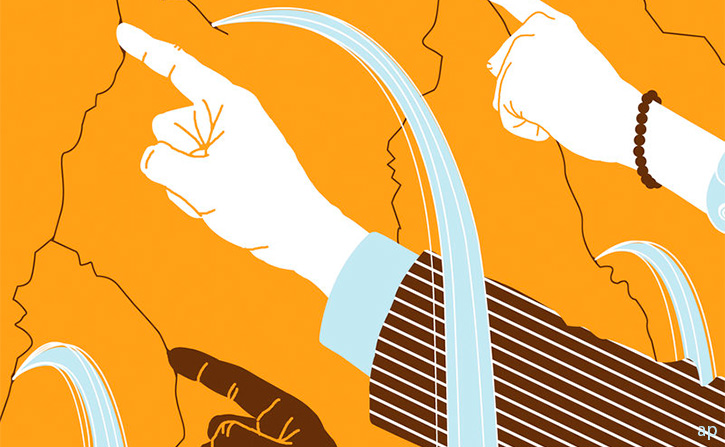David Herro is the chief investment officer of international equities at Harris Associates and serves as the portfolio manager of Oakmark International and Oakmark International Small Cap and co-manager of Oakmark Global Select. He recently answered our questions on the global sell-off in equity markets in response to the Greek debt crisis, owning prominent banks in his portfolios, and opportunities among undervalued stocks. He also talked to us about managing his time between all of the funds he oversees as well as common core philosophy among analysts within the International Group at Harris Associates. (Review Herro's take on the European debt crisis and opportunities therein here.)
1. Early on during the Greek debt crisis, you said that the sell-off in equity markets across the globe (in response to this event) was likely overdone and short term in nature. Do you still hold that view?
Yes, I still do. Often macroeconomic shocks provide investors with the opportunity to buy quality businesses at very low prices. The shock in question is the sudden realisation that many highly indebted countries may have issues refinancing their outstanding debt when it matures. Whereas this may be a concern for short-term fiscal policy and have an impact on short-term consumption, these events often cause a stock market overreaction where the decline in share prices is far greater than the negative macroeconomic impact on a particular company's ability to earn money over the medium and long term. I continue to believe this is the case with the current situation.
2. You have a couple of prominent banks in the portfolio--Credit Suisse, UBS, and Santander, to name a few. What's the case for owning these given the above backdrop?
The case is very simple: First, we believe these three financial firms are very well capitalised so there is minimal downside risk. UBS was a basket case during the meltdown but has been reinvigorated with new management as well as new capital. Second, each has a very strong ongoing business model. UBS and Credit Suisse are strong in asset management and have viable investment banks. Santander has actually profited from the crisis by buying good assets/franchises at low prices from distressed sellers. Lastly, valuation is very compelling; though all three should have strong profit growth during the next three to five years, all three sell at close to or below their book value per share.
3. Generally speaking, many prominent value managers have been making the case for blue-chip, quality companies. As one who runs portfolios across the market-cap spectrum, where are you finding the most significantly undervalued stocks?
There is no particular location where cheap stocks live, and I feel that they are out there in an abundance--everywhere, except perhaps, in the emerging world. What is most astonishing to me is how the fear and fright has literally driven money to the sidelines, whether it be to T-bills or money market funds that are yielding next to nothing, whereas one can invest in quality blue-chip companies with a 3%-4% dividend yield at less than 12 times earnings power. With fear in the atmosphere, prices are low. As such, I feel one should be putting money to work in the global equity markets.
4. How do you allocate time appropriately between managing your funds, especially because you run much more money in the larger-cap market?
I believe my most important time priority is on the investment process: company visits/analysis, portfolio management, team meetings on investment issues, and so on. In fact, though I have no specific geographic coverage as do each of our analysts, I am overseas 15%-20% of my time predominantly for research purposes. The rest of my time is spent on group and firm administration as well as client communication.
5. Several analysts who once supported you are now off running their own funds. Outside of this being a source of pride, does it reduce your edge and uniqueness over time because you're all trained in the same way and are likely investing in similar companies?
Our International Group is a small, close-knit team basically managed by myself and Rob Taylor, our director of research. Often people feel the need to either create their own group or that a change of atmosphere is needed for personal development. If anything, I am quite proud of those who left and succeeded because I do think it means that perhaps we were able to help train people who went on to become successful investors and it means they not only learned well but were able to enhance and perhaps even improve on what they were taught.
Every investor is different, even if they have similar backgrounds, because decision-making is unique to an individual. As such, even though there may be common tendencies and a common core philosophy, outcomes will vary because approaches that flow from that common philosophy will differ based on unique decision-making.























